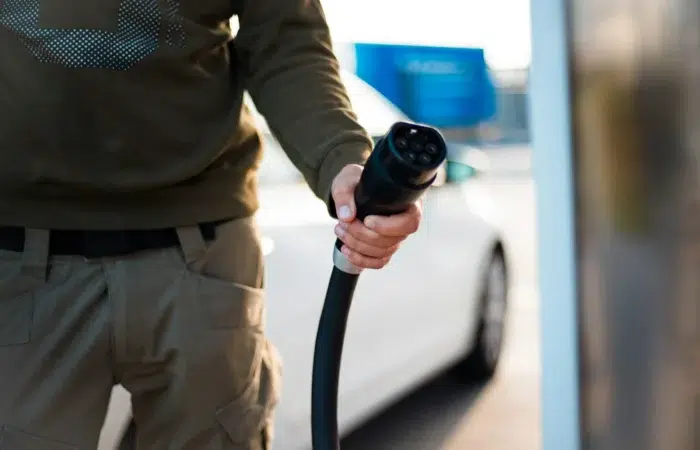The global mobility revolution, with its focus on sustainability and technological advancement, is undoubtedly reshaping service stations in several ways.
1. EV Charging Infrastructure: With the increasing adoption of EVs, service stations will need to incorporate robust charging infrastructure. This includes fast chargers capable of quickly replenishing EV batteries, as well as standard charging stations for longer stops.
2. Renewable Energy Integration: Service stations will need to integrate renewable energy sources such as solar panels or wind turbines to power their operations, including charging stations and other facilities. This move would align with the sustainability goals of the mobility revolution.
3. Digital Integration and Services: Service stations will become more digitally integrated, offering services like app-based payments, remote monitoring of vehicle charging, and predictive maintenance for EV charging equipment. As we see already today, stations provide amenities tailored to the needs of electric vehicle owners, such as designated parking spaces with charging points.
4. Multi-modal Connectivity: As mobility evolves to include a variety of transportation modes beyond just cars, service stations become hubs for multi-modal connectivity. This involves facilities for cyclists, electric scooters, and even micro-mobility solutions like e-bikes, along with charging points for these vehicles.
5. Urban Integration: In urban areas, service stations will evolve into compact, multi-purpose hubs that offer not only fuel and charging services but also amenities like food and beverage outlets, convenience stores, co-working spaces, and even green spaces for relaxation. This caters to the needs of urban dwellers looking for convenient and sustainable transportation options.
6. Data Analytics and Personalization: Service stations of the future will leverage data analytics to personalize services for customers. By analyzing customer preferences and behavior, stations can offer targeted promotions, loyalty programs, and tailored recommendations for products and services.
7. Environmental Considerations: With a greater emphasis on sustainability and ESG, service stations should implement environmentally friendly practices such as waste recycling, water conservation, and green building design. They also need to prioritize offering eco-friendly products and services, such as biofuels and sustainable food options.

Overall, the evolution of service stations in the era of the global mobility revolution will be characterized by a shift towards sustainability, technological innovation, and customer-centricity. Stations will play a crucial role in supporting the changing transportation landscape and meeting the evolving needs of travelers in a rapidly changing world.
Need help in getting your stations future-proof? Get in touch and we would be more than happy to demonstrate to you all the possibilities our ICASA Suite can offer you.
Pic: Unsplash
Stay connected and follow us on LinkedIn!




